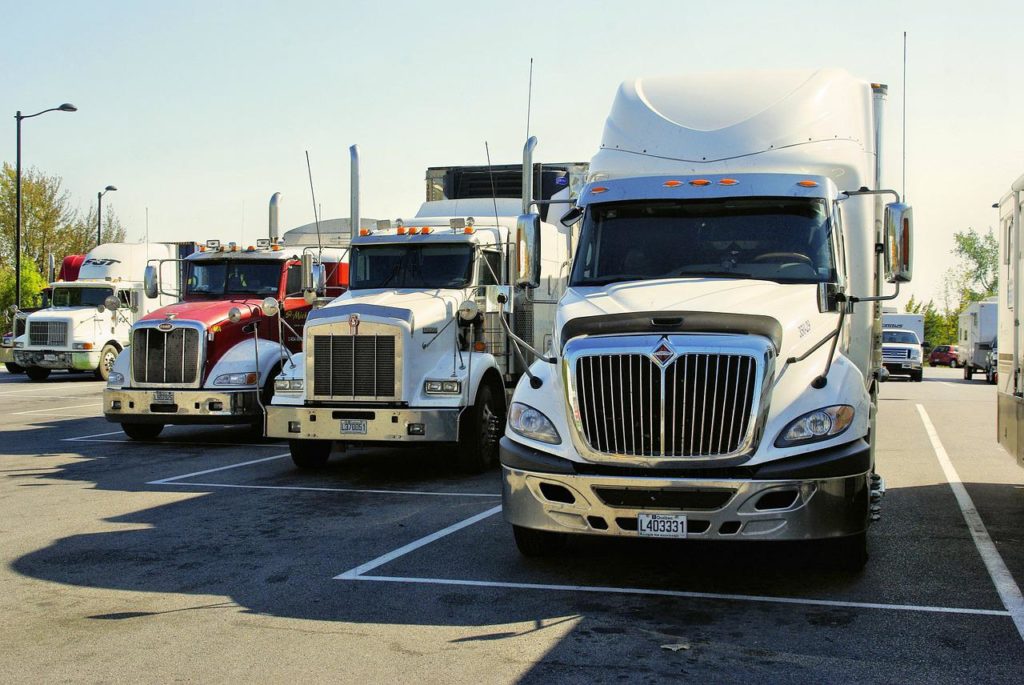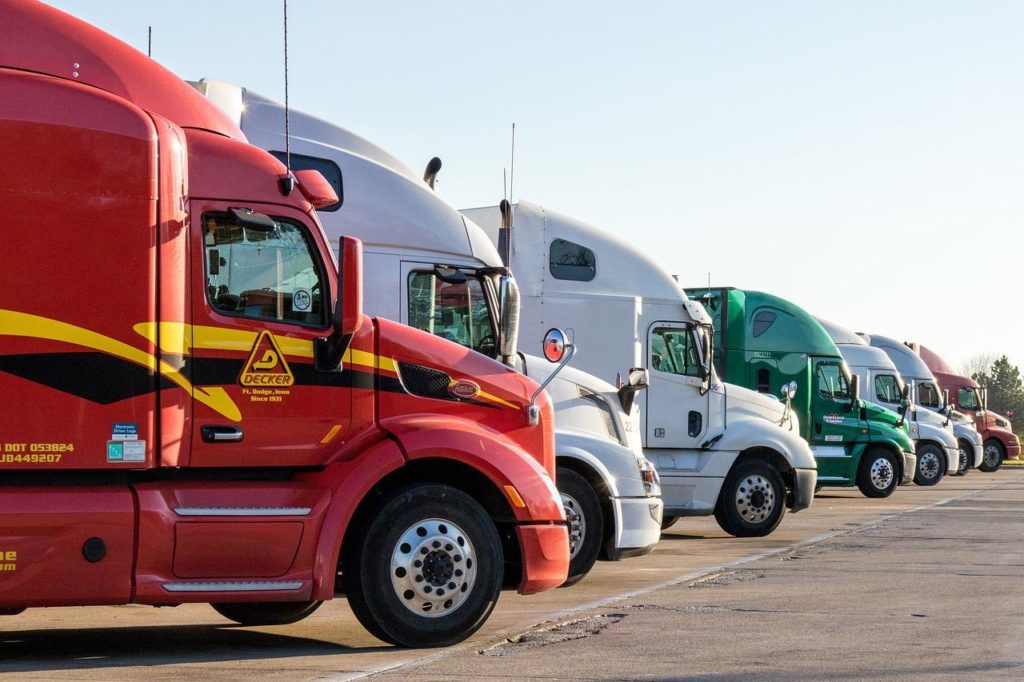Over the years, the trucking industry has remained one of the largest and most important economic engines in the United States. Without it, the transportation of raw materials, consumer goods, medications, and essential supplies for natural disasters would be near impossible. Retailers wouldn’t be able to supply the quantities of goods needed to serve their customers, and manufacturers would have to charge higher prices to accommodate for the supply & demand fluctuations. Thus, a huge amount of reliance is placed on trucking since it’s one of the few ways available to transport goods.

Truck Drivers are a Huge Factor
Without drivers, the economy would struggle to keep up with the demand for goods. With all of the effort going into creating and maintaining a larger driver pool and enabling drivers to maximize miles on the road, it’s important to recognize the role truck drivers have in making the whole thing work.
Around 70% of all the nation’s freight is moved by truck. The companies that own these trucks work in partnership with public safety organizations, including the Department of Transportation, the Federal Motor Carrier Safety Administration, other government and local police agencies, as well as technology companies that help to ensure the safe transport of goods all around the country.
Truck drivers are also responsible for ensuring that their truck is properly maintained and in good condition before, during, and after operations. A safety requisite that many other professions don’t require. This includes but is not limited to:
- Regular inspections of the truck & trailer
- Following preventive maintenance schedules according to recommended intervals.
- Ensuring personal health records and licenses are up to date and compliant.
- Maintaining an accurate employment history
In addition, truck drivers must adhere to required hours of service rules according to the FMCSA regulations. They need to keep track of their driving time and record it on an electronic logging device (ELD), including time waiting, refueling stops, maintenance downtime, bad-weather driving, and rest periods. All these duties are necessary and oftentimes aren’t accounted for when weighing the value professional drivers bring to the industry.

The Major Benefits of the Trucking Industry to Businesses
Trucking provides millions of jobs for Americans and supports a huge number of businesses across the country, including those you pass every day on your commute. Also, many strides have been made to increase efficiency and cut costs while remaining an integral part of the economy. These small changes significantly affect the economic contribution and costs of the trucking industry for the country.
More competitive prices in the market
The trucking industry naturally enables there to be more fair competition amongst manufacturers and suppliers of goods and services as well. Without the improving efficiency of the trucking industry, products would be more expensive than they are today and Americans would have to deal with longer shipping windows.

Reliable and Fast Shipping
Delayed shipments can slow down production and decrease revenue for companies. Not to mention the unforeseen delays that can be caused by interrupted movement of goods. The trucking industry allows for reliable and fast product shipping at relatively low prices compared to other options.

Thanks to reliable fleet management software and consulting companies like DOTReady, managing fleet compliance & operations is now easy and accessible to companies of all sizes. We help customers prepare their business for the DOT, FMCSA, and all other federal regulators pertaining to transportation. We also design, implement, and support cutting-edge fleet management solutions to help simplify the fleet management requirements inside of motor carriers.


